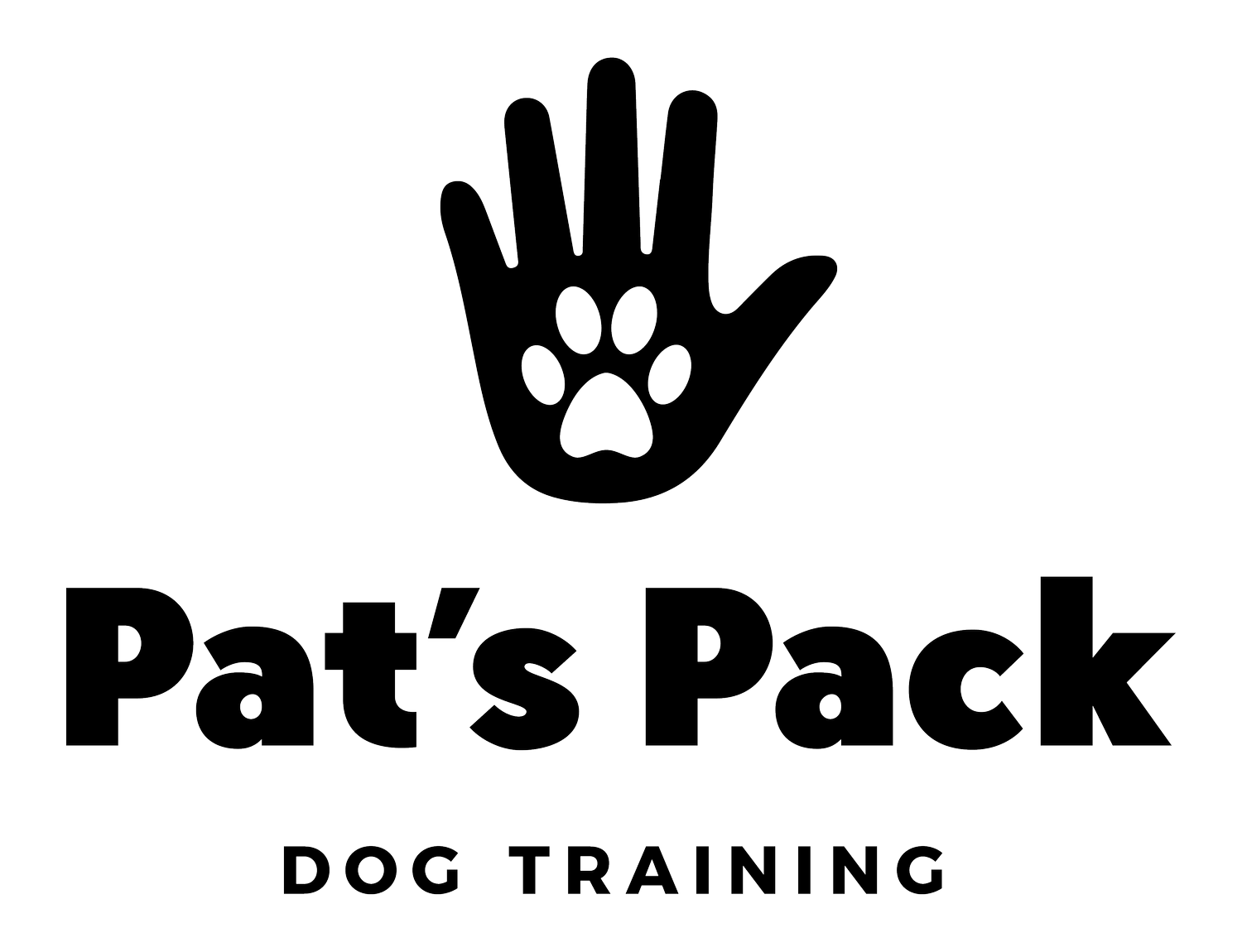When Can I Start Training My Puppy?
Training a new puppy can be both rewarding and challenging. On one hand, you get to watch your furry friend grow and develop into a well-behaved companion. On the other hand, you may feel overwhelmed and unsure about where to start. Fear not, for this blog post is here to help you get started with some creative strategies for training your new pup.
Puppies are like sponges; they absorb everything around them and are constantly learning. That's why it's important to start training as early as possible. By teaching your puppy basic commands and behaviors from a young age, you are setting them up for success and preventing bad habits from forming.
One of the most effective training techniques for puppies is positive reinforcement. This involves rewarding good behavior with treats, praise, and affection. For example, when your puppy sits on command, give them a treat and verbal praise. This will encourage them to repeat the behavior in the future.
Consistency is also key when it comes to training puppies. It's important to establish a routine and stick to it. This means training your puppy at the same time each day and using the same commands and rewards. By doing this, your puppy will know what to expect and will be more likely to respond positively.
Training sessions should be short and fun, and should always end on a positive note. Puppies have short attention spans, so it's important to keep the training sessions engaging and interesting. Use a variety of toys and treats to keep your puppy engaged and motivated.
Another creative strategy for training puppies is to use their natural instincts to your advantage. For example, puppies are born with a strong desire to chew. Instead of scolding your puppy for chewing on furniture or shoes, provide them with appropriate chew toys and praise them when they use them.
In addition to training basic commands, it's important to focus on puppy cognition. This refers to your puppy's ability to understand their environment and make connections between cause and effect. By teaching your puppy about cause and effect, you are helping them to learn how to problem-solve and make decisions.
Finally, it's important to remember that training is an ongoing process. Even the most well-behaved puppies require consistent reinforcement and training. Don't be discouraged if your puppy doesn't learn a command right away, and don't hesitate to seek help from a professional dog trainer if you're struggling.
In conclusion, training a new puppy can be a fun and rewarding experience. By using positive reinforcement, consistency, and creativity, you can teach your puppy basic commands and behaviors, as well as improve their cognitive abilities. Remember to be patient and have fun with your new puppy along the way!
Happy Dog Training!
